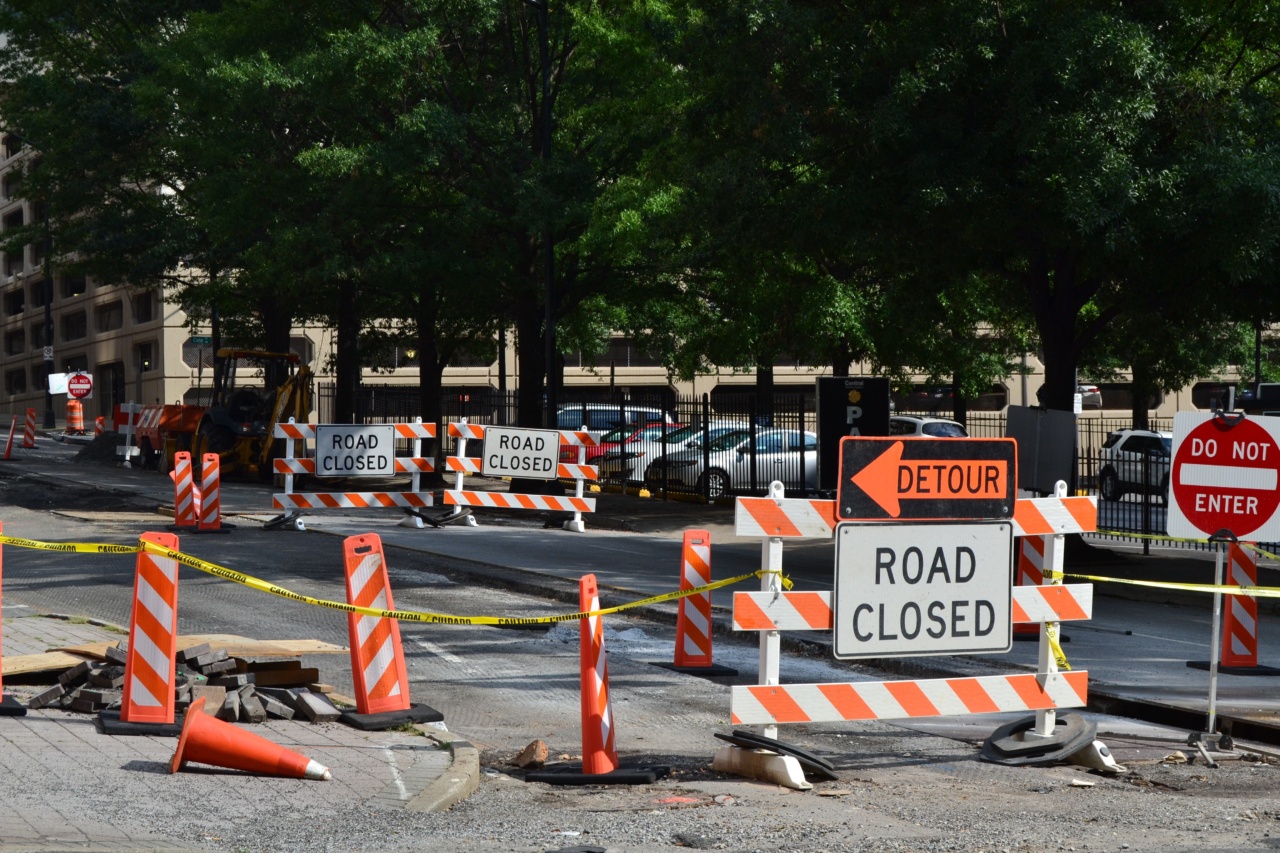An ovarian cyst is a fluid-filled sac that forms on or within an ovary. A cyst may be harmless, and many women can develop them without even knowing it. However, when an ovarian cyst ruptures or breaks, it can cause pain and discomfort.
This article intends to explore the signs that indicate a broken ovarian cyst.
What are some common causes of ovarian cysts?
Ovarian cysts can form for several reasons, but most commonly they are due to the following causes:.
- Hormonal imbalances: Changes in the hormones, such as estrogen or progesterone, can cause a cyst to form.
- Endometriosis: This is a condition where the tissue that lines the inside of the uterus grows outside of it. It can cause cysts to form on the ovaries.
- Polycystic ovary syndrome: This is a hormonal disorder where the ovaries develop many small cysts.
- Pregnancy: Ovarian cysts can form during pregnancy, but they often disappear on their own.
What are the signs of a broken ovarian cyst?
When an ovarian cyst ruptures or breaks, the following signs may occur:.
1. Sudden, severe pain in the lower belly or pelvic region
The first symptom of a ruptured ovarian cyst is usually severe pain. The pain may start suddenly and can be felt on one side of the belly or pelvis. The severity of the pain can vary from person to person.
2. Pain during sex or bowel movements
The pain caused by a broken ovarian cyst may be felt during sex or when having a bowel movement. This discomfort can range from mild to severe.
3. Nausea and vomiting
Some women may feel nauseous or vomit due to the pain and discomfort caused by a ruptured cyst.
4. Excessive bleeding
In some cases, a ruptured ovarian cyst can cause excessive vaginal bleeding. If you experience heavy bleeding, seek medical attention right away.
5. Abdominal bloating or swelling
Sometimes, a broken ovarian cyst can cause the abdomen to swell or become bloated. This is because of the fluid released from the cyst.
6. Fever and dizziness
If an ovarian cyst becomes infected, it can cause a fever and make you feel dizzy. This symptom is usually accompanied by other signs of an ovarian cyst rupture, such as pain and swelling.
7. Changes in menstrual cycle
A broken ovarian cyst can cause changes in your menstrual cycle. Your periods may become longer or heavier than usual, or in some cases, they may stop altogether.
8. Painful urination
If a broken ovarian cyst presses against the bladder or urinary tract, it can cause painful urination.
9. Tenderness or swelling in the breasts
In some cases, a ruptured ovarian cyst can cause tenderness or swelling in the breasts. This symptom is due to hormonal changes caused by the cyst.
When should you seek medical attention?
If you experience any of the above symptoms, it is essential to seek medical attention right away. An ovarian cyst rupture can be a serious condition that requires prompt treatment.
Your doctor may recommend medications or surgeries to remove the cyst and prevent any further complications.
Conclusion
Ovarian cysts can be a common occurrence, but when they rupture, they can cause severe pain, discomfort, and other symptoms. It is essential to recognize the signs of a broken ovarian cyst and seek prompt medical attention.
A timely diagnosis and treatment can help prevent any long-term complications.






























